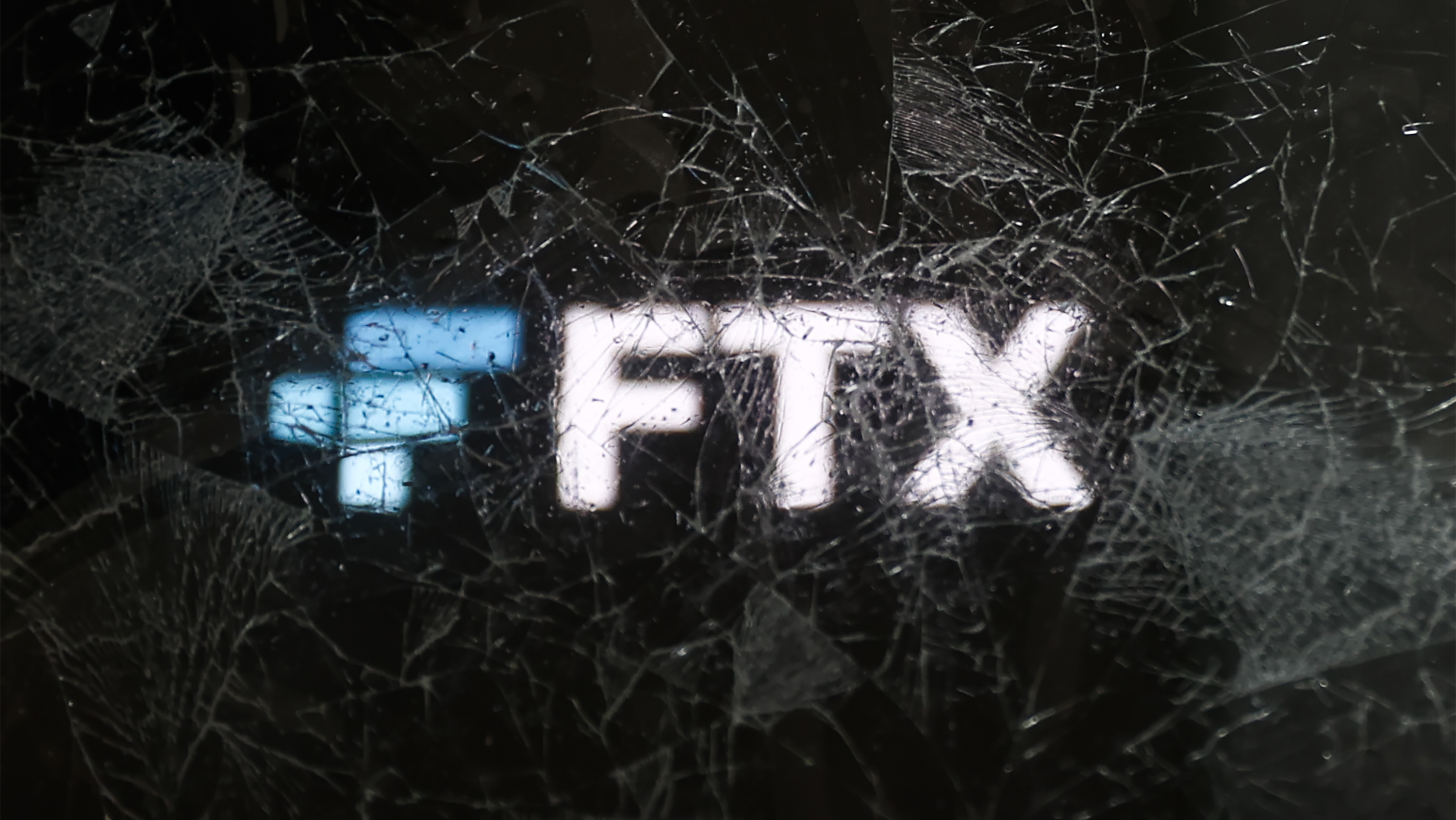
Image: Getty Images
In the wake of the collapse of crypto exchange FTX, we should now look at its impact on the crypto sector and what next steps can be taken. By Syed Rahman.
At the start of 2022, FTX was the second-largest cryptocurrency exchange in the world. Valued at $32bn, its future seemed bright. But now, 10 months later, that bright future has evaporated.
FTX’s CEO Sam Bankman-Fried was forced to resign, and FTX along with more than 130 associated companies are now in liquidation. The exchange reportedly had just $1bn in saleable assets, with debts totalling nine times that.
It is a dramatic collapse that currently provides more questions than answers, although there is already plenty of scope for assessing the events.
How did we get here?
As with any major financial scandal, there has been a slew of huge headlines but only a small number of verifiable facts. But these facts are enough to identify at least some of the issues at the heart of FTX’s downfall.
We know that the world’s largest crypto exchange, Binance, initially invested in FTX. But FTX bought back its stake last year, paying Binance in US dollars and FTX’s native token, FTT. Growing rivalry between the two exchanges ensued.
When a report appeared to show that FTX had lent large amounts of its customers’ money to Mr Bankman-Fried’s hedge fund, Alameda Research, Binance took the step of liquidating its FTT holdings for risk management reasons, prompting other FTT holders to follow suit.
FTX did not have the liquidity to meet these withdrawals and failed in its bid to secure emergency funding. Ironically, it was Binance that produced the most concrete offer of assistance. But when this failed to lead to an agreement, FTX collapsed.
More than $1bn in customer and investor funds is reportedly missing, along with billions more said to have been involved in transfers to Alameda Research.
Mr Bankman-Fried and his Bahamas-based company are now under investigation by the US Department of Justice and the Securities and Exchange Commission, as well as Bahamian authorities. Accounts owned by FTX Group and Alameda Research have been frozen to protect creditors as law enforcement moves in, closely followed by those who seek to bring legal action on behalf of FTX customers and investors.
What next?
There is little doubt that the flow of news relating to FTX shows little prospect of slowing down in the coming months, and will inevitably relate to what happens to customer funds and precisely what – if any – future is possible for the now-bankrupt FTX.
The answers to both of these questions will hinge on the ability of FTX to attract fresh funding. And that, to some degree at least, will depend on what is discovered about the workings and funds of FTX and just how deep the Alameda Research rabbit hole goes.
It is important to emphasise that events are still unfolding. FTX Trading Ltd and its 130 associated entities have started a voluntary process of bankruptcy under Chapter 11 in the US, which will lead to more facts becoming known.
These facts will help paint a fuller picture of what happened and, importantly, inform and direct the course of the legal actions brought by the many who appear set to lose some or all of the money they had banked or invested in FTX.
To try and predict the precise nature of those facts at this stage could leave one open to ridicule later on. This is a multifaceted, high-stakes situation which will take some time to deconstruct and analyse properly. But it does not require a crystal ball to assess, in general terms at least, the impact of FTX’s problems.
Impact
When the final analysis of the FTX collapse is made, it is likely to touch on the issue of jurisdictional arbitrage – the practice of taking advantage of discrepancies between competing legal jurisdictions. In blunt terms, jurisdictional arbitrage is a huge problem for the crypto ecosystem.
Many companies will choose to go to remote regions where there are lower anti-money laundering compliance obligations, such as Belarus or the Seychelles, where the crypto regulatory framework is lax. It makes life easier for them and it makes those companies attractive to those looking to move assets that may raise red flags in areas where more stringent checks would be made.
The auditing of exchanges is an area where much could be done to ensure standards are maintained
This practice must stop. Efforts to prevent such “shopping around” for the weakest anti-money laundering and know-your-customer regimes must be more effective. There is a need for comprehensive, industry-wide standards and practices.
The auditing of exchanges, to take just one example, is an area where much could be done to ensure standards are maintained and criminal elements are deterred. Without such steps crypto will not evolve, and, if anything, is likely to develop an ever-growing reputation for being the financial equivalent of the Wild West.
In fairness, regulators do appear to be sitting up and taking notice more than they were a number of years ago. But more needs to be done on a global scale. And closer to home, the need for people to keep their crypto safe in private wallets can never be over-emphasised.
We may still be some way from knowing the full impact of FTX’s failings. Just over 14 years ago, the collapse of Lehman Brothers signalled a huge financial crisis and prompted reform of the banking sector. FTX may not have quite such a global fallout, but it is likely to have a profound impact on the future of crypto markets.

Syed Rahman is a cryptocurrency specialist at law firm Rahman Ravelli.


